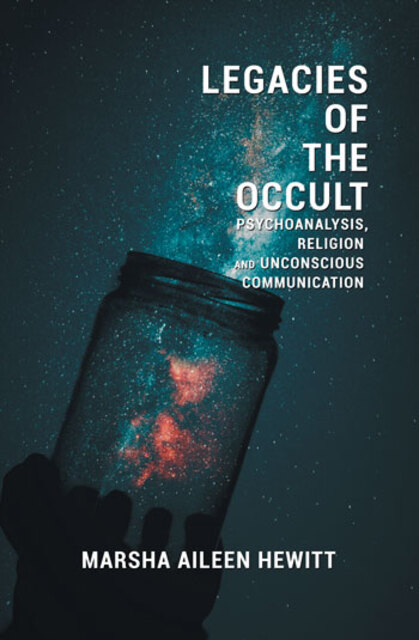LIBRARY COLLECTIONS
Complete Collection
New Religious Movements, Paganisms & Western Esotericism
Theory & Method
ACCESS
Authorized users can access the eBook using institutional credentials or personal password via the Read eBook/ PDF tab.
Psychoanalysis, Religion and Unconscious Communication
Telepathy, thought transference, unconscious communication. While some important early psychological theorists such as William James, Frederic W. H. Myers and Sigmund Freud all agreed that the phenomenon exists, their theoretical approaches to it were very different. James’s and Myers’s interpretations of and experimental investigations into telepathy or thought transference were an inextricable part of their psychical researches. Freud’s insistence on the reality of thought transference had nothing to do with psychical research or paranormal phenomena, which he largely repudiated. Thought transference for Freud was located in a theory of the unconscious that was radically different from the subliminal mind embraced by James and Myers. Today thought transference is most commonly described as unconscious communication but was largely ignored by subsequent generations of psychoanalysts until most recently. Nonetheless, the recognition of unconscious communication has persisted as a subterranean, quasi-spiritual presence in psychoanalysis to this day. As psychoanalysis becomes more interested in unconscious communication and develops theories of loosely-boundaried subjectivities that open up to transcendent dimensions of reality, it begins to assume the features of a religious psychology. Thus, a fuller understanding of how unconscious communication resonates with mystical overtones may be more deeply clarified, articulated and elaborated in contemporary psychoanalysis in an explicit dialogue with psychoanalytically literate scholars of religion.
In Legacies of the Occult Marsha Aileen Hewitt argues that some of the leading theorists of unconscious communication represent a ‘mystical turn’ that is infused with both a spirituality and a revitalized interest in paranormal experience that is far closer to James and Myers than to Freud.

ISBN-13 (Hardback) 9781781792780
Price (Hardback) £75.00 / $100.00
ISBN-13 (Paperback) 9781781792797
Price (Paperback) £24.95 / $32.00
ISBN (eBook) 9781781799475
Price (eBook) Individual £24.95 / $32.00
Institutional £75.00 / $100.00
Publication 01/07/2020
Pages 202
Size 234 x 156mm
Readership scholars
We use cookies to analyze our traffic. Please decide if you are willing to accept cookies from our website. You can change this setting anytime in Privacy Settings.